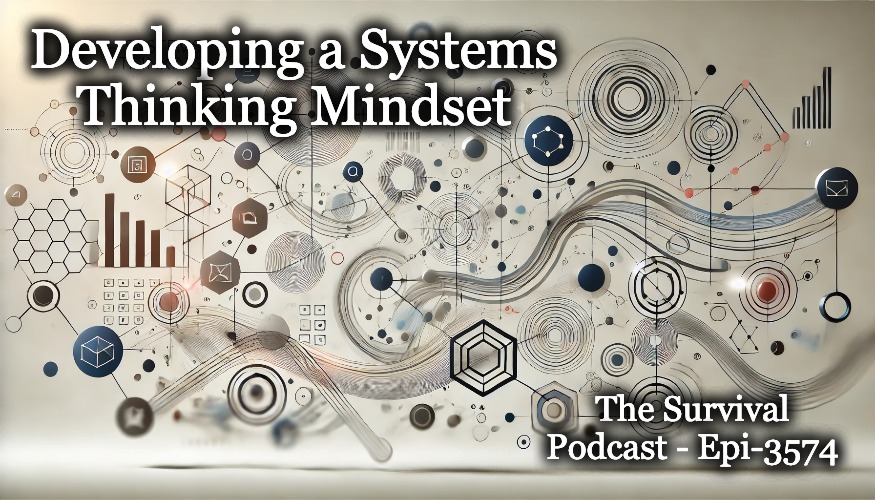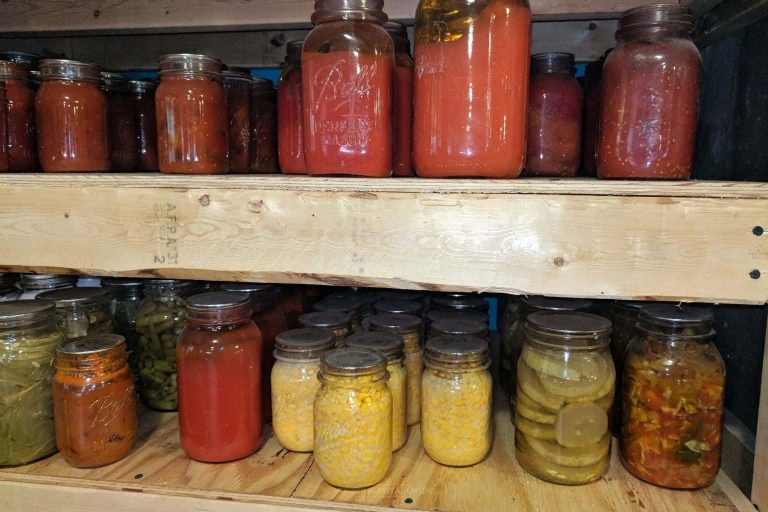Podcast: Play in new window | Download (Duration: 1:30:40 — 25.9MB)
I have been on some level a systems thinker for most of my life, some components of it are just natural to me. I would honestly say on the base level it is simply how I think. When I was 17 I joined the Army and chose the path of being a Heavy Wheeled Vehicle Mechanic and learned systemic trouble shooting, which gave me a formal concept of “systems thinking”, however, I didn’t yet even know the term.
In my early days of attempting to build a career I had a lot of friction with people I worked for. I would constantly seek to improve processes and they were middle managers with no real interest in my ideas. As I began to run teams and had decision making ability I was able to put processes in place and this above all is what made me move up in the world quickly.
Soon I was building my own companies with an amazing partner, but I still didn’t even know the name of what I was doing. Then in 2008 I started TSPC and soon after that found Bill Mollison and Geoff Lawton and their work in Permaculture. As I began to study the design science of Permaculture I came across the term “systems thinking” in one of their lectures. I had to pause it at that moment, consider the term and then said to myself, “so that is what I am”.
Since that time I have tried to always approach everything at a systems level, today we talk about that.
Join Me Today to Discuss…
- What is Systems Thinking – How different parts work together to create a bigger picture
- Holistic vs. Reductionist Thinking – Seeing the whole picture vs. focusing on the parts
- Types of Systems – Mechanical, biological, social, and ecological
- Feedback Loops – Self-reinforcing or balancing cycles within a system
- Stocks and Flows – Resources and their movement within a system
- Emergent Properties – New behaviors that arise from the interaction of parts
- Causality and Causal Loops – Cause and effect cycles within a system
- Leverage Points – Key areas where small changes create big impacts
- Systems Archetypes – Common patterns of behavior in systems
- Resilience and Adaptation – Ability to recover and evolve in response to change
- Ways to develop systems thinking in your life
- Practice Seeing the Big Picture – Focus on how everything connects
- Use Causal Loop Diagrams – Visualize cause and effect cycles
- Think in Terms of Long-Term Consequences – Consider future impacts of actions
- Challenge Your Mental Models – Question assumptions and beliefs
- Engage in Iterative Learning – Learn and improve through ongoing feedback
`
Resources for today’s show…
Sponsors of the Day
Video Version of Today’s Show
Remember to comment, chime in and tell us your thoughts, this podcast is one man’s opinion, not a lecture or sermon.
Want all the Early TSP Episodes?
Remember in addition to discounts to over 80 vendors who supply stuff you are likely buying anyway, tons of free ebooks and video content, MSB Members also get every edition of The Survival Podcast ever produced in convenient zip files in blocks of 24. More info on the MSB can be found here.


















